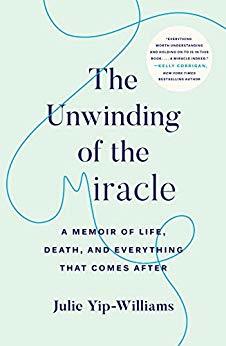More on this book
Community
Kindle Notes & Highlights
Read between
August 13 - August 30, 2023
Many may disagree, but I have always believed, always, even when I was a precocious little girl crying alone in my bed, that our purpose in this life is to experience everything we possibly can, to understand as much of the human condition as we can squeeze into one lifetime, however long or short that may be. We are here to feel the complex range of emotions that come with being human. And from those experiences, our souls expand and grow and learn and change, and we understand a little more about what it really means to be human. I call it the evolution of the soul.
Indeed, each of us as we walk through the journey of our life does so alone. Sure, there are parents, siblings, cousins, friends, lovers, children, co-workers, and many other people who fill our lives, and sometimes their presence and chatter can make us forget that our journey is solely our own to make of as we will. But the truth is that we each enter and leave this life alone, that the experience of birth and death and all the living in between is ultimately a solitary one.
As she spoke, I could see the scenes play out in my mind; that’s why I believe that the soul remembers trauma long before the mind can retain actual memories.
We control how good we are to people. We control how honest we are with ourselves and others. We control the effort we have put into living. We control how we respond to impossible news. And when the time comes, we control the terms of our surrender.
Time’s amnesiac power is necessary and healthy, for it encourages life and living, allowing room for new experiences and new emotions, which come with engaging in the present and being vested in the future, and places our memories where they should be—in the past, to be accessed when we need and want them.
At the end of the fourth day of my visit, I went to bid her farewell, knowing that once I left her side that evening I would never see her alive again. The room was filled with her children and grandchildren. I took her hand—it was too warm and as dry as rice paper. Her eyes remained closed, as they were most of the time now. “I have to go back to school tomorrow, Grandma,” I said in our Chinese dialect. I wasn’t sure she could hear me or if she was even awake. I switched into English then, because I didn’t have the words in Chinese, knowing she would understand at least the universal
...more


